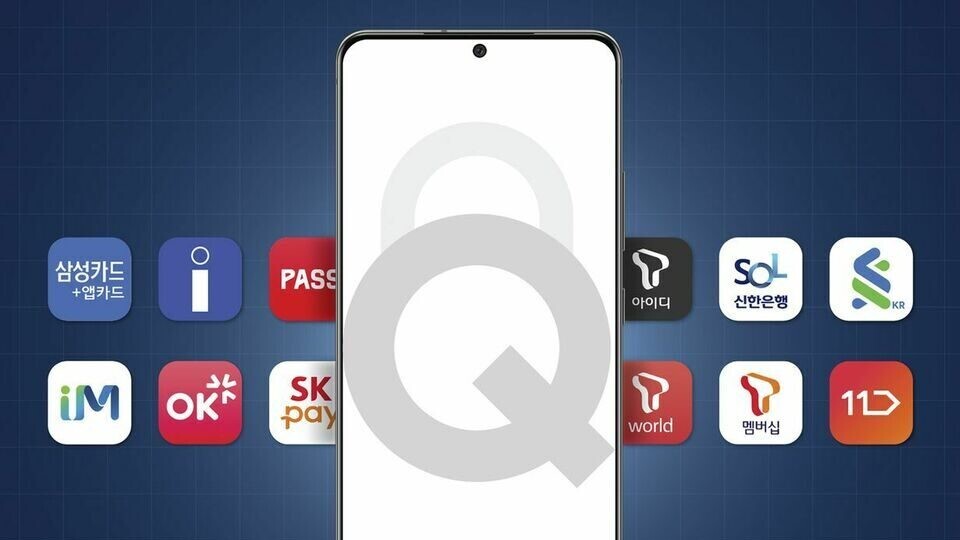
Samsung partnered with SK Telecom to create the device, which is currently only available in Korea. The network operator said in a press release that the QRNG chip will be used to generate random numbers and patterns to secure applications used for finance, messaging, and authentication.
The carrier company has already onboarded a bunch of partners including, banks like Standard Chartered and Shinhan. Plus, SK Telecom’s own services like T-pass and Samsung’s payment system are secured by this method.

SK Telecom is no stranger to QRNG chips. In 2016, the firm researchers published a detailed paper describing the function and utility of its 5mm square chip. It used a phone camera to measure fluctuations in an LED’s intensity to generate random numbers.

A large number of encryptors use the RSA method of multiplying prime numbers and generating a public encryption key and a private decryption key out of it. While this method might be hard to crack at the moment, quantum computers of the future may not have this problem. To overcome that hurdle, researchers have thought of QRNG methods to generate complex numbers at a breakneck speed to keep the security intact.
While including a QRNG chip might seem an extreme use case for a few high-security applications, a hack like Jeff Bezos’ leaked WhatsApp messages might remind us of the need for safer platforms.
The Galaxy Quantum 2 is powered by Snapdragon 855+ and has a 6.7-inch QHD display. The phone goes for pre-sale in Korea from April 13.
Get the TNW newsletter
Get the most important tech news in your inbox each week.




